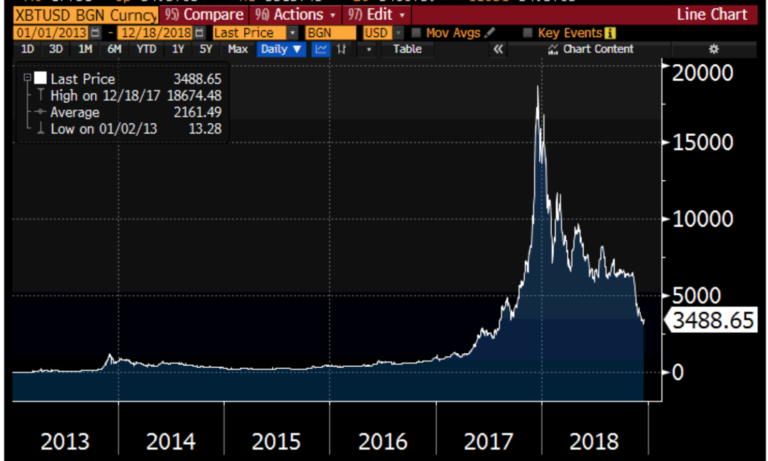Anchoring bias. People have a strong tendency to perceive prices as “belonging” within a range once that range has been previously established. Anchoring refers to our propensity to attach our thoughts to a reference point even if that point has no basis in logic.
Anchoring is an extremely difficult bias to avoid or eliminate, even when people are expressly informed of it and even when they are offered monetary incentives to refrain from falling into it.
The effect of accuracy motivation on anchoring and adjustment: Do people adjust from provided anchors?.
(Journal of Personality and Social Psychology. Dec 2010)
Negotiating the price of a car is an example of this behavior. The buyer views the listed price of the car as the ceiling and negotiates lower while the seller tries to stay as close as possible to the earlier listed price. The buyer rarely considers the logic around the sellers listing price but nonetheless negotiates around that price which in fact had been set by the seller. The same person may then focus too heavily on the odometer or the year of the car as their basis for pricing, rather than consider more qualitative factors like the engine condition or the maintenance history.
Anchoring bias in decision-making (Science Daily)
Anchoring can lead to some very bad investment decisions. For example, if the price of, say Bitcoin, suddenly drops far below earlier peaks, many investors may be strongly tempted to buy the dip. These investors are anchored to the earlier, much higher price of Bitcoin so they consider it “cheap” at the much lower levels. These investors fail to realize that if the Bitcoin prices seen in the past had themselves been unjustifiably high for some reason, then those earlier highs are not a meaningful reference at all for evaluating current prices.
“Lower price” does not necessarily indicate “cheap” in terms of investment value, but many investors tend to instinctively buy the dip regardless.



